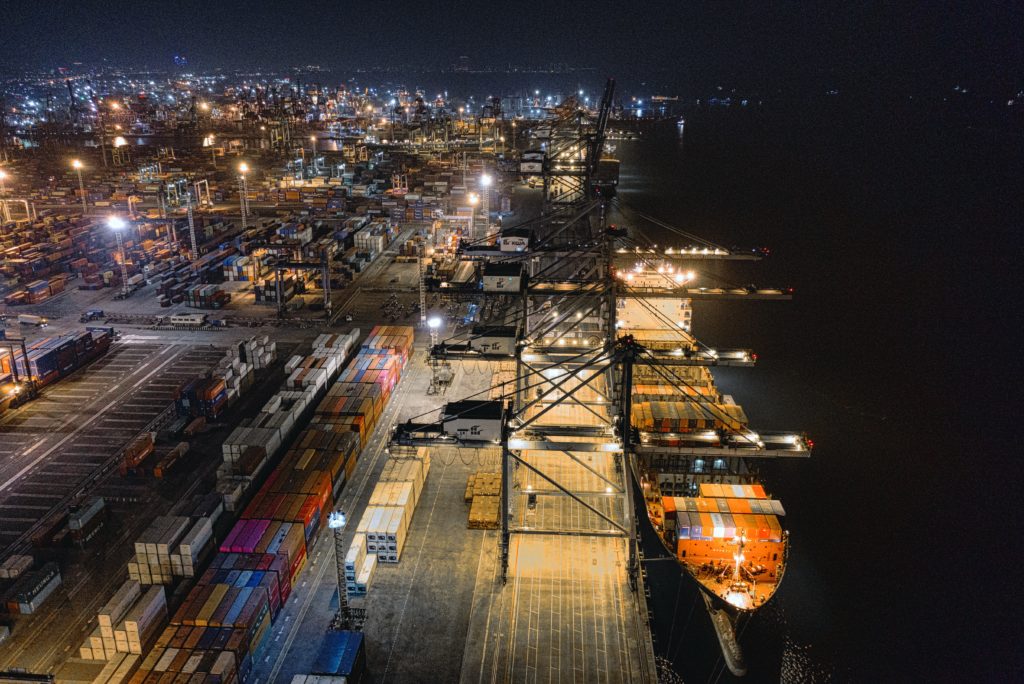If you’re planning to import a large volume of goods into the US or Canada, you may have come across customs bonds. What is a customs bond and how do you know if you need one? In this guide, you’ll learn everything you need to know about customs bonds.
What is a customs bond?
A customs bond is an insurance policy between three parties:
- The principal: The importer of record
- The customs authority: Customs and Border Protection (CBP) in the US and Canada Border Services Agency (CBSA) in Canada
- The bond surety company: The insurance company that repays CBP or CBSA when the principal defaults on their bonded obligation
When you import goods, you can take out a customs bond with a surety company. This bond is a guarantee to the customs authority that you will pay all applicable duties and taxes owed on your imported goods. If you fail to pay duties and taxes, the surety company pays the customs authority for you, and then can take legal action against you to get their money back.
The purpose of customs bonds
CBP requires customs bonds on certain goods to ensure they receive the duties owed for imports. This way, CBP can collect duties and taxes even if your company goes bankrupt, or there’s another extreme situation. By getting a customs bond, your goods can be released into the country and you can pay duties and taxes at a later date.
CBSA also uses customs bonds to collect duties and taxes owed by importers, although the requirements for a customs bond differ from those in the US.
Are customs bonds required?
To import into the US, customs bonds are required for any entry of goods valued at more than $2,500 (USD). It applies to shipments whether they travel by air or by ocean. Also, it doesn’t matter if you’re importing personal goods or items for resale; the rule applies to all imports over $2,500 (USD).
To import into Canada, CBSA requires either a cash payment at customs or a customs bond. Since a cash payment is usually inconvenient for most importers, the customs bond is the more popular option.
Different types of customs bonds
There are two types of customs bonds importers should be aware of:
- Single-entry bonds: As the name implies, this bond is used for a one-time transaction. It’s best for individuals and businesses who don’t frequently import goods. In the US, a single-entry bond covers one shipment. If you have three shipments arriving at the same port of entry at the same time, you will need three single-entry customs bonds. Single-entry bonds in Canada are good for a single port and only on a specified date.
- Continuous bonds: Continuous customs bonds are valid for one year and at every port of entry. They’re the better option for individuals or businesses that import goods frequently, usually three times per year or more. Continuous customs bonds function largely the same in both the US and Canada.
Single-entry and continuous are only two major types of customs bonds. There are also several other, more specific bonds that pertain to different import situations. A customs broker can help you determine exactly which bond is best for your shipment.
Where to get a customs bond
You can obtain a customs bond from a surety company or a customs broker. The customs broker will work directly with the surety company on your behalf, and you will have to sign over the Power of Attorney to your customs broker, per CBP regulations. In Canada, you may also buy a customs bond through either a surety company or your customs broker.
What happens if you don’t get a customs bond?
In the US, if you don’t get a customs bond when one is required for your shipment, your shipment will not clear customs. You will then face steep fines and long delays to get your imported goods back.
In Canada, if you don’t get a customs bond, you will have to pay applicable duties and taxes in cash at the port of entry for CBSA to release your goods. This process is both inconvenient and may cause delays in getting your shipment.
How much do customs bonds cost?
The cost of a customs bond varies from single-entry to continuous bonds. Single-entry bonds are based on the individual shipment, whereas continuous bonds are a percentage of the total taxes, duties, and fees paid by you, the importer, over the 12-month validity period of the bond.
In the US, the clearance requirements may also factor into the cost of the bond. Quota, anti-dumping, countervailing duties, or special entry types of bonds may also change the cost. It’s best to speak with a customs broker to determine your exact customs costs.
In Canada, the cost of the bond depends on the type of bond, type of goods, and value of the goods.
Are customs bonds refundable?
If you can prove to CBP that your goods were exported back out of the US, you can get a drawback bond. The drawback bond allows you to recover 99% of the duties paid on the imported goods, once they are exported again.
Getting a customs bond from a customs broker
You can deal with a surety company directly to obtain your customs bond, but you may not know which type of bond is the best for your shipment(s). A customs broker can get the appropriate customs bond for your shipments and ensure your taxes and duties are paid. If you want to stay compliant with US or Canadian import regulations, contact BorderBuddy and inquire about a customs bond today.
